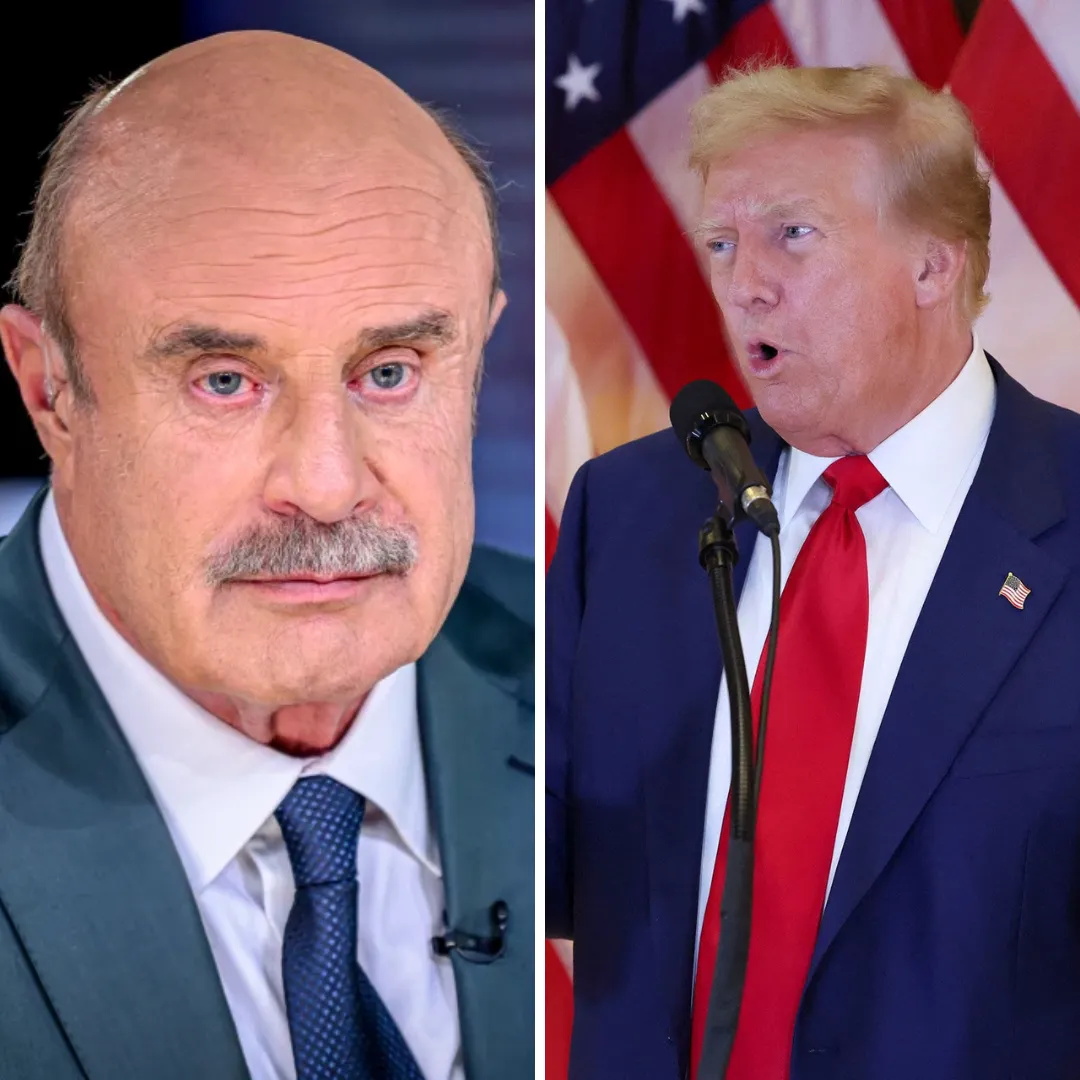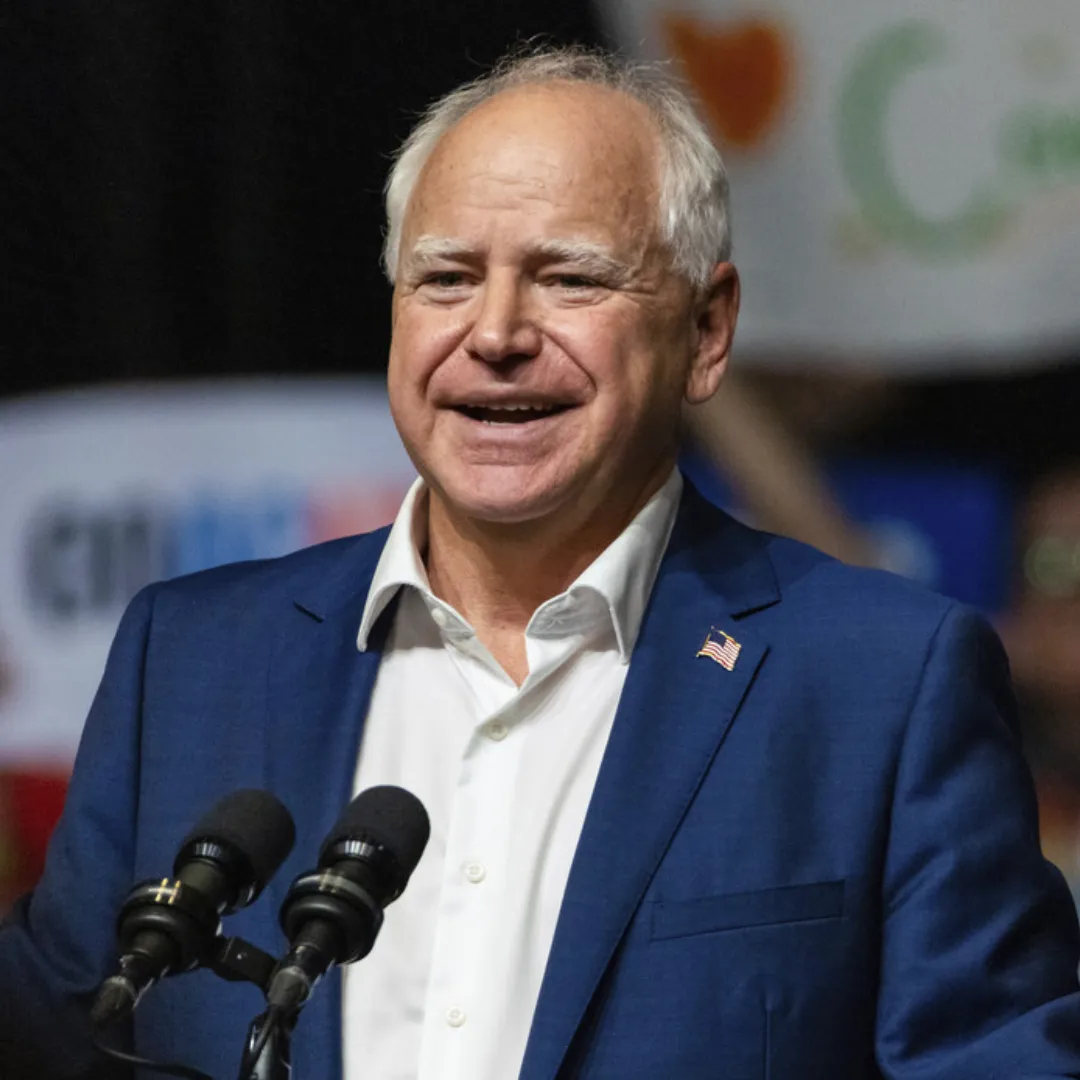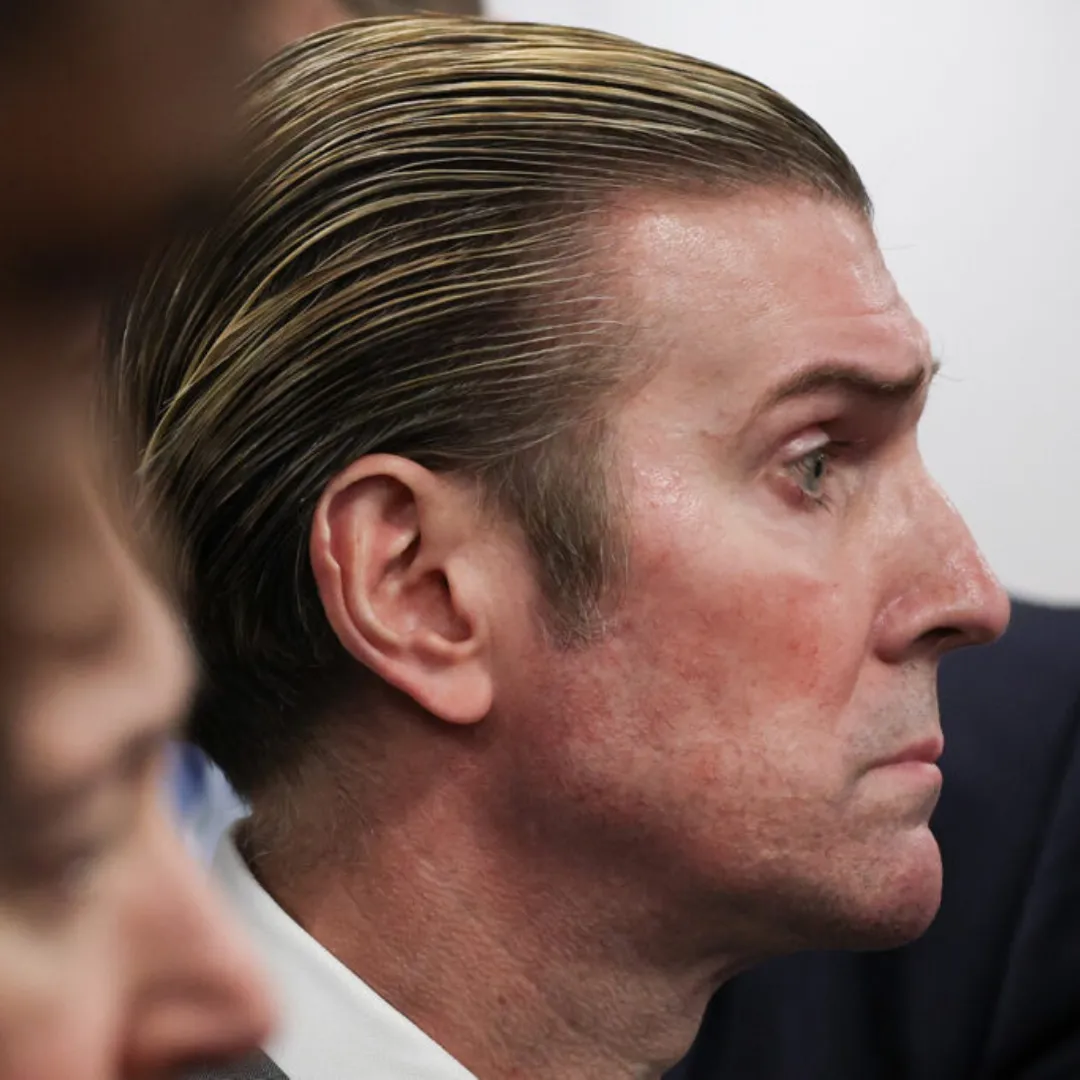
The United States Supreme Court has cleared the way for President Donald Trump’s administration to begin enforcing its new ban on transgender individuals serving openly in the military, temporarily overriding lower court rulings that had blocked the policy and delivering a major victory to an administration intent on aggressively restricting transgender rights.
The ruling, issued Tuesday, puts a hold on a nationwide injunction issued by a federal judge in Washington state, allowing the policy to take effect while legal challenges continue.
The Trump administration had asked the court to intervene last month in an emergency application following a series of legal setbacks, including the injunction from U.S. District Judge Benjamin Settle and opposition from the U.S. Court of Appeals for the 9th Circuit, which declined to halt the injunction.
The Supreme Court’s decision pauses that lower court ruling and will remain in effect until the 9th Circuit rules on the appeal and the high court decides whether to take up the case.
The ban, initiated by Trump through an executive order in the first days of his second term, was drafted into policy by Defense Secretary Pete Hegseth. It prohibits any individual with a diagnosis, history, or symptoms of gender dysphoria from serving in the military and offers no exception for transgender service members who began transitioning under the guidelines established during the Obama administration.
The administration has justified the policy by citing military readiness, claiming transgender individuals do not meet the "rigorous standards" necessary for service and suggesting their participation threatens unit cohesion, a rationale historically used to exclude marginalized groups from military service, including Black Americans, women, and gay individuals.
A 2016 Pentagon-commissioned RAND Corporation study concluded that allowing transgender individuals to serve had no measurable negative impact on military performance, cohesion, or readiness.
In a statement following the ruling, White House Press Secretary Karoline Leavitt called the court’s decision “another MASSIVE victory” and Defense Secretary Hegseth echoed the sentiment in a post on social media, writing “No More Trans @ DoD.” Civil rights organizations reacted with alarm.

Lambda Legal and the Human Rights Campaign Foundation, representing transgender plaintiffs, issued a joint statement condemning the decision. “By allowing this discriminatory ban to take effect while our challenge continues, the Court has temporarily sanctioned a policy that has nothing to do with military readiness and everything to do with prejudice,” they said.
“It’s a devastating blow to trans troops who have demonstrated their capabilities and commitment to our nation’s defense.” Solicitor General D. John Sauer, in his filing to the court, argued that the new policy was nearly identical to the one Trump introduced during his first term, which the Supreme Court previously allowed to be enforced.
That earlier ban permitted limited exemptions for trans individuals who had already begun transitioning, whereas the current version offers no such allowance.
Hegseth, in a February memo to Pentagon leadership, wrote that the Defense Department must ensure it is building “One Force” and that military effectiveness is undermined by divisions along identity lines.
“The Department must ensure it is building ‘One Force’ without subgroups defined by anything other than ability or mission adherence,” he wrote. “Efforts to split our troops along the lines of identity weaken our Force and make us vulnerable.”
The same memo also ordered a suspension of gender-affirming care for active-duty transgender service members, a policy later struck down by a federal judge who ruled it unconstitutional. The Pentagon resumed providing care last month following that decision.
In his own ruling in March, Judge Benjamin Settle found that any hardship the government might claim from delaying the new policy “pales in comparison” to the harm imposed on transgender service members and qualified candidates.
Settle’s injunction was broad, preventing the policy from taking effect nationwide. The 9th Circuit declined to lift that injunction while it reviewed the case, prompting the administration’s appeal to the Supreme Court.

In a separate case, U.S. District Judge Ana Reyes described the policy as “soaked in animus” and similarly blocked its implementation nationwide. Her order has also been challenged and is currently under review by another appellate panel.
Thirty-two transgender service members and recruits, plaintiffs in one of the cases, warned in a court filing last week that enforcement of the ban would inflict “reputational, professional, and constitutional harm that can never be undone.”
Attorneys for seven active-duty transgender plaintiffs emphasized that the new policy differs significantly from the one Trump introduced in 2018, arguing it is more explicitly hostile and based on outright denial of transgender identity.
“An unprecedented degree of animus towards transgender people animates and permeates the Ban,” they wrote. “It is based on the shocking proposition that transgender people do not exist.”
The filing also cited recent executive orders, including one that characterizes identifying with a gender different from one's assigned sex at birth as a “falsehood.”
Trump’s January 27 executive order, titled “Prioritizing Military Excellence and Readiness,” asserts that adopting “a gender identity inconsistent with an individual’s sex conflicts with a soldier’s commitment to an honorable, truthful, and disciplined lifestyle, even in one’s personal life.”
The order further claims that “a man’s assertion that he is a woman, and his requirement that others honor this falsehood, is not consistent with the humility and selflessness required of a service member.”
The order, along with others issued during the early days of Trump’s second term, collectively seek to roll back federal recognition and support for transgender Americans.

Among the administration’s recent orders are bans on transgender athletes from participating on girls’ and women’s sports teams, an end to federal funding for gender-affirming care for anyone under age nineteen, and a broad policy declaring that the federal government only recognizes two sexes, male and female.
Under this policy framework, federal agencies are restricted from funding or recognizing what Trump and his administration refer to as “gender ideology,” effectively nullifying decades of civil rights advancements for transgender, nonbinary, and intersex individuals.
The Supreme Court’s decision to allow the policy to take effect is not the final word on its legality. The case will continue to work its way through the courts, and the justices may ultimately decide whether to hear it fully.
However, the decision represents a significant moment in the ongoing battle over transgender rights and signals that the administration may continue implementing its broader anti-LGBTQ agenda, at least for the time being.
Advocacy groups have vowed to continue fighting in court and in Congress, where some lawmakers are preparing legislative challenges to the policy. Meanwhile, transgender service members across the military are now left in limbo, uncertain about their futures and unsure whether they will be allowed to continue serving the country they have pledged to defend.
For many, the reinstatement of the ban feels like a betrayal and a stark warning about the direction of the federal government under Trump’s leadership.



